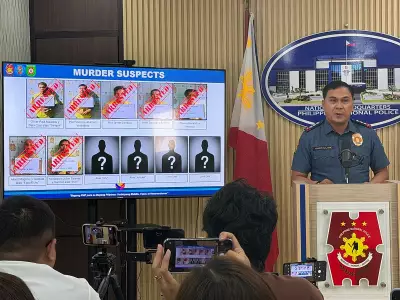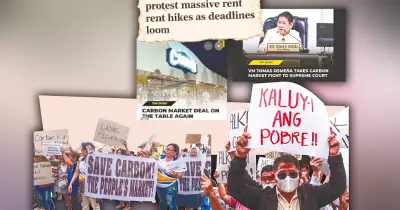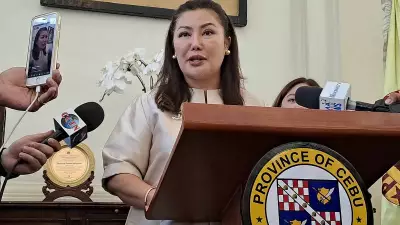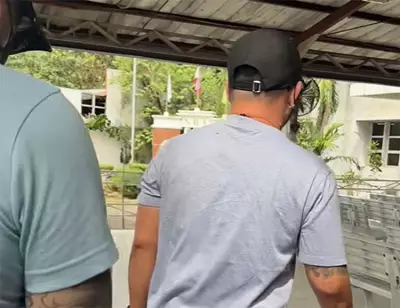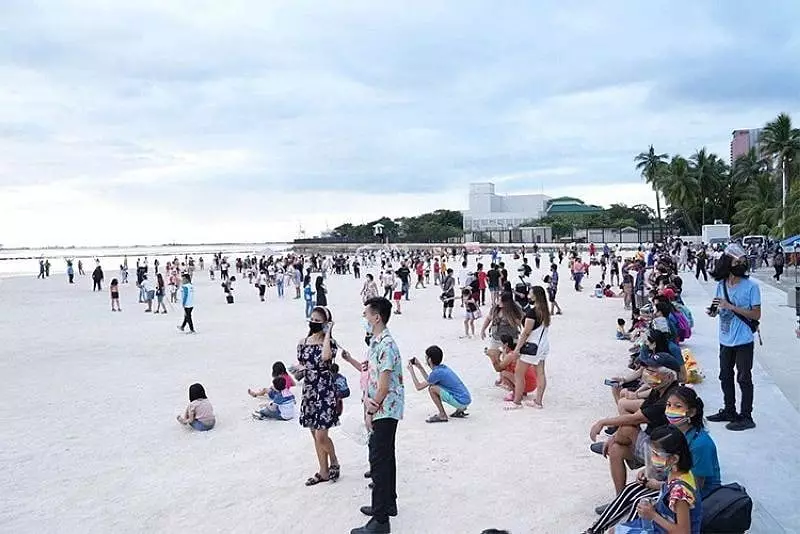
A congressional hearing turned contentious as Deputy Speaker Duke Frasco launched a scathing critique against ACT Teachers Party-list Representative Antonio Tinio regarding the proposed investigation into the Manila Bay dolomite beach project.
'This investigation is a complete waste of the committee's time and the people's money,' Frasco declared during the appropriations committee hearing for the Department of Labor and Employment's budget.
The confrontation began when Tinio sought clarification about the ongoing probe into the controversial P389-million 'white sand' project that has drawn both public curiosity and environmental concerns.
Misplaced Priorities Alleged
Frasco didn't hold back, questioning the relevance of investigating a tourism project under a labor department budget hearing. 'Why are we discussing dolomite beaches when we should be focusing on workers' welfare and employment issues?' he challenged.
The deputy speaker emphasized that the dolomite project falls under the Department of Environment and Natural Resources' jurisdiction, making the current line of questioning during DOLE's budget deliberation inappropriate.
Defending the Investigation
Representative Tinio stood his ground, explaining that the probe aims to examine the labor aspects of the project, including working conditions and employment practices. 'This isn't just about the environmental impact—we're looking at how public funds were used and whether workers received fair treatment,' Tinio countered.
The dolomite beach project, which involved covering a portion of Manila Bay's shoreline with crushed dolomite boulders, has been a subject of national debate since its implementation.
Broader Implications
This congressional clash highlights the ongoing tension between infrastructure development projects and legislative oversight in the Philippines. The dolomite beach has become symbolic of larger debates about environmental management, public spending priorities, and government accountability.
As the exchange concluded, committee members were left to consider whether the investigation represents necessary congressional oversight or an unnecessary diversion from more pressing labor issues facing the nation.

